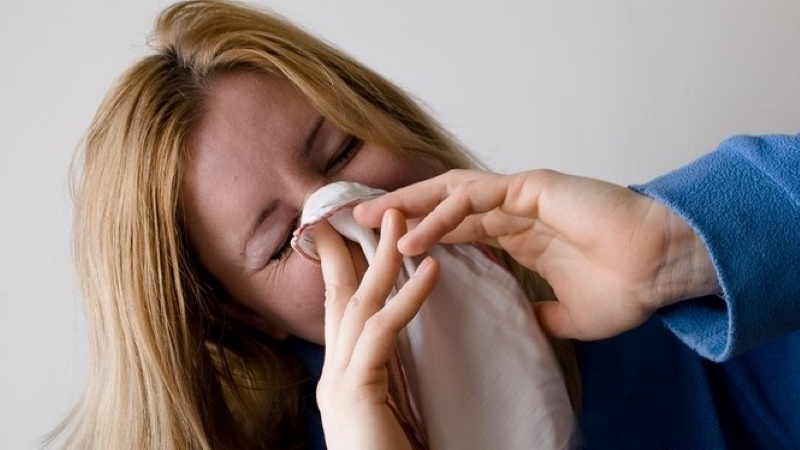Some people find that their sinus infections become more frequent during the winter months. | PxHere.com
Some people find that their sinus infections become more frequent during the winter months. | PxHere.com
The winter season can bring on nasal congestion and sinus infections that can leave many people suffering.
It’s commonplace for people dealing with these issues to feel frustrated and fatigued, but there are measures that you can take to alleviate your symptoms.
According to Bella Vista ENT & Facial Plastic Surgery, some common symptoms of a sinus infection include: runny nose, nasal congestion, headache, facial pain, thick and discolored drainage from the nose or down the back of the throat, and reduced sense of smell or taste.
Winter can exacerbate sinus and allergy problems, and you need to know what is causing your sinus problems in order to relieve them.
During the winter months, there are a number of variables that can irritate your sinuses: Although cold weather doesn’t cause colds, it does cause people to spend more time indoors, near other people, where they’re more likely to share their germs. Colds can often lead to a sinus infection.
As you spend more time indoors without any fresh air, you’re exposed to possible allergens, such as fragrances and candles. These can also lead to sinus infections for some people.
If you have a live Christmas tree or wreath, unbeknownst to you, it may have mold growing on it. The same is true of an artificial tree or ornaments that have been stored away in a musty basement or attic. They can be full of dust and possible mold as well.
The air you breathe is usually drier and less humid in the winter. This is especially true if you are indoors with the heat on. Breathing in dry air actually dries out your sinuses and can exacerbate existing sinus problems.
Just like people, pets probably spend more time in the house during winter months. If you are allergic to pet dander, this can cause your sinuses to become inflamed.
All the extra time spent indoors can expose you to dust and other allergens that are found in both carpets and upholstered furniture.
The holiday season can be a time when some people tend to drink more alcohol than usual. This can actually cause the skin inside your nose to swell. If you’re susceptible to sinus problems, reduce your alcohol consumption during the winter months.
During the winter months, there are steps you can take to improve your sinus health.
Try to avoid catching a cold. Ensure that you're getting enough sleep and eating healthy foods. Also make sure to wash your hands before eating and avoid touching your mouth and nose as much as possible.
You may want to consider changing the flooring in your home. If you have carpet, change your flooring to hardwood or tile to cut down on dust and mold. If this isn't possible, make sure your carpeting is cleaned regularly.
Cover your mattress and pillows with allergen-proof covers. Wash your bedding often to get rid of dust mites. If you have pets, don’t let them sleep with you, as tempting as that may be.
Be sure to store an artificial Christmas tree, wreath or ornaments in a dry place so they won’t develop mold over the next year. If you suspect they may already have mold, open them outside and let them air out for a few days.
Want to learn more about other issues impacting your sinuses? Visit Bella Vista ENT & Facial Plastic Surgery.


 Alerts Sign-up
Alerts Sign-up